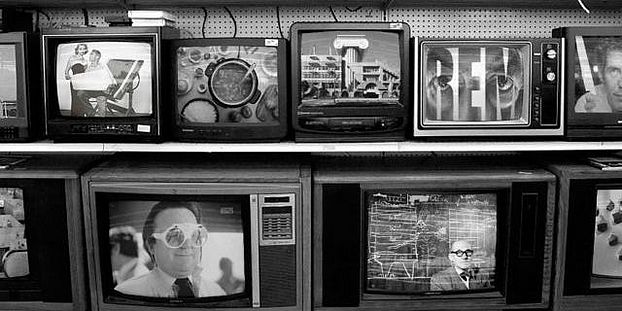Reality Show(s)

Giulia Scotto, Marco Zelli
Trans 33, Rrality, 2018
«The presence of others who see what we see and hear what we hear assures us of the reality of the world and ourselves.» —Hannah Arendt, The Human Condition. Despite the etymology of the word (from Latin res: «matter, thing, good»), ‹reality› is not only about physical substance as opposed to the immaterial and the virtual. By adopting the Platonic construction of ‹reality›, medieval Scholasticism introduced a radical shift in the original use of the term and defined reality as the set of our collectively shared notions. If the word ‹reality› related to TV-shows suggests a third meaning, namely the lack of a fictional plot, it is worth noticing how these kind of shows produce reality by means of spreading shared values. Cooking talent shows represent a particularly brilliant example of this dynamic. The more we watch them, the more a certain form of ‹creative cooking› becomes part of our social everyday life; we buy recipe books, we exchange views about food preparation, famous chefs, and restaurants. Thanks to TV shows, cooking became a noble and even prestigious activity. The purists of the discipline might consider such shows as a form of prostitution, but, as a matter of fact, they are spreading a sort of ‹cooking culture› which is now part of our collective conscience. Cooking talent shows transformed a necessary labor into a transcending activity, on a wide scale. As Cedric Price noticed, both architecture and cooking imply the projection of a desire in the future; they both produce an immediate feedback on the ‹user› and, more importantly, they both are essential to our survival. However, architecture suffers from a lack of a common consciousness about its importance and potential; it lacks a sense of ‹belonging› to the world of shared ideas we call reality. ...
